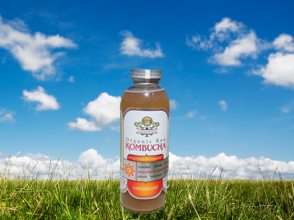
Kombucha
What is kombucha? This was my question back in 2011 when we were on a family vacation in California. I was standing with Andy in a Whole Foods Market store in San Diego trying to figure out which chilled beverage I should buy when I noticed Kombucha. As I lingered a bit longer looking at the brightly colored Kombucha bottles another customer asked which Kombucha flavor I liked best. I had no idea what in the world kombucha was and neither did Andy. When I asked, the customer insisted it was an energizing and detoxifying beverage that was used for medicinal purposes in China, Japan and Russia. Ding, ding, ding…these claims were peaking my interest.
My husband wandered off (I’ve noticed this is what most other doctors do too when they hear about a health claim that is being linked to food.) It’s not that Andy doesn’t have an open mind…it’s just that I tend to keep an even “opener” mind when it comes to health foods and everything else “alternative.” I immediately snatched the Kombucha (GT’s Synergy brand) bottle from the shelf and read the label and the list of ingredients. I was instantly impressed with the fact that kombucha was loaded with probiotics, antioxidants and a broad spectrum of B-vitamins (including vitamin B-12, which is pretty much impossible to get from non-animal sources.)
For my first bottle I just so happened to choose GT’s Synergy Brand Organic Raw Kombucha Gingerade flavor (I later learned this is actually one of the best of the commercial brands). Although I normally do NOT read Nutrition Facts—and here is why—- for this particular item, the Nutrition Facts are more helpful because GT”s Synergy brand has provided more information than what is actually required by adding the additional nutrients, probiotics, etc. Here is what’s on the label…
Nutrition Facts
Serving Size 8 fl. oz.
Servings Per Container 2
Amount Per Serving
Calories 30
Calories from Fat 0
% Daily Value*
Total Fat 0g 0%
Cholesterol 0mg 0%
Sodium 10mg 1%
Total Carbohydrate 7g (2%)
Sugars 2g
Protein 0g
ADDITIONAL NUTRIENTS (per bottle):
Folic Acid 25%
Vitamin B1 20%
Vitamin B2 20%
Vitamin B3 20%
Vitamin B6 20%
Vitamin B12 20% —-I had to highlight this becuase it is almost unheard of to get B12 outside of the animal food kingdom
PROBIOTIC CONTENT:
Lactobacillus Bacterium: 1 billion organisms
S. Boulardii: 1 billion organisms
ANTIOXIDANTS & ORGANIC ACIDS
EGCG 100mg – Glucuronic Acid 10 mg
L(+) Lactic Acid 25mg – Acetic Acid 30 mg
Ingredients
100% G.T.’s Organic Raw Kombucha (Organically Produced), Fresh Pressed Ginger Juice (Organically Produced), and 100% Pure Love!!! Probiotic Content: Lactobacillus Bacterium: 1 Billion Organisms, S. Boulardii: 1 Billion Organisms.
What is Kombucha?
Kombucha (pronounced “kom-BOO-cha”), often called “mushroom tea,” is a fermented beverage made from black or green tea, sugar and a fungus culture. It’s been used as a health tonic for centuries in China, Japan and Russia.
The fermentation process yields a tart, tangy and effervescent (fizzy) sort of cidery-tasting beverage that is ultra-low in calories, high in nutrients (in particular, a broad spectrum of B vitamins), rich in antioxidants (including polyphenols), enzymes, amino acids and loads of probiotics. And, because the fermentation converts most of the sugar into organic acids, the resulting drink has as few as two grams of sugar per cup.
Additionally, kombucha is rich in lactic and gluconic acids, and often, glucoronic acid. Lactic acid plays a vital role in digestion; gluconic acid may ease yeast infections and glucoronic acid is beneficial for liver detoxification. For vegans, the B-vitamins alone are a great reason to drink Kombucha.
I figured the fact kombucha contains a hefty dose of probiotics would get my husband’s attention, especially since he recently wrote an article on the proven benefits of probiotics. The thing is, your intestines need “good” bacteria (probiotics) to digest and process nutrients, boost natural detoxification and to defend your body against harmful bacteria. Andy is sold on the benefits of probiotics because he’s read about them in mainstream medical journals. After learning kombucha contains probiotics Andy got a little more interested.
Could kombucha be a vegan yogurt alternative source of probiotics?
Does Kombucha Have Proven Health Benefits?
If you search on PubMed you’ll find a good number of articles on kombucha but you won’t find any hardcore research done on humans proving kombucha is the elixir of health that some claim it is. This doesn’t mean kombucha is not health-promoting though.
I don’t believe that adding any one single “super food” to your diet is going to result in a miracle cure-all (optimizing health with superior nutrition is much more complex than that)….but if you add a mixture of healthy foods (and beverages) while also eliminating junk food you will undoubtedly improve your health dramatically.
And it doesn’t take an official medical study for me to conclude that any substance that is super low in calories while also providing tons of antioxidants, naturally occurring vitamins, and probiotics can be a good addition to a healthy diet. So that is just what kombucha has become for me….another thing I now drink on a regular basis because I think it has health-promoting properties. Fellow kombucha lovers claim it gives them a shot of energy and boosts clarity. I agree.
Is Kombucha Dangerous?
If you do a quick Google search you are sure to find all sorts of scary warnings claiming kombucha is dangerous and that drinking kombucha could make you sick or even dead. Yikes!
But here’s the deal…as with all foods, special care must be taken during preparation and storage to prevent contamination (you can get sick eating contaminated spinach people) If you don’t know what you are doing and you try to make a home-brew there absolutely is the possibility of toxin-producing fungus that could make you very sick (this is particularly dangerous to people with compromised immune systems such as those undergoing chemotherapy.)
While people have been making kombucha safely —and plenty of other fermented foods—for thousands of years, you do need to know what you are doing and you absolutely need to keep a sterile environment. You can take workshops on how to safely make fermented foods, Lisa’s Counter Culture, in CA offers such classes. I absolutely would not recommend reading a book and trying to make your own kombucha though because the risks just aren’t worth it. I think the safest way to enjoy kombucha is to get a high quality commercial one.
I did not say this was the cheapest way…I said it’s the safest way.
Here is a little video I did on a California road side a few years back talking more about Kombucha…
A Great Kombucha Choice: GT’s Synergy Brand Organic Raw Kombucha
GT’s are raw (so are home brews) and I really like that. Some Kombucha brands are pasteurized but pasteurization destroys beneficial enzymes and even kills the beneficial “good” bacteria (probiotics.) It is true pasteurization also kills bad bacteria, but since it kills the good stuff at the same time you are really negating many of the benefits of drinking Kombucha in the first place if you go for pasteurized brands.
When kombucha is done properly it actually has a very high resilience against contaminants. In fact, the fermentation produces a high concentration of lactic acid, which creates an “unfriendly” environment for bad bacteria. So far, no serious ill effects from commercially bottled raw kombucha have been reported. And the Food and Drug Administration has found “no evidence of contamination in kombucha products fermented under sterile conditions.” It is important to note that there is a smidgen of alcohol in raw kombucha. This amount is trace (less than 1 percent) when first brewed but can increase after bottling. Having said that, I drink GT’s regularly now and I have yet to get tipsy from a bottle. I feel confident saying this brand is safe. And so does Andy…

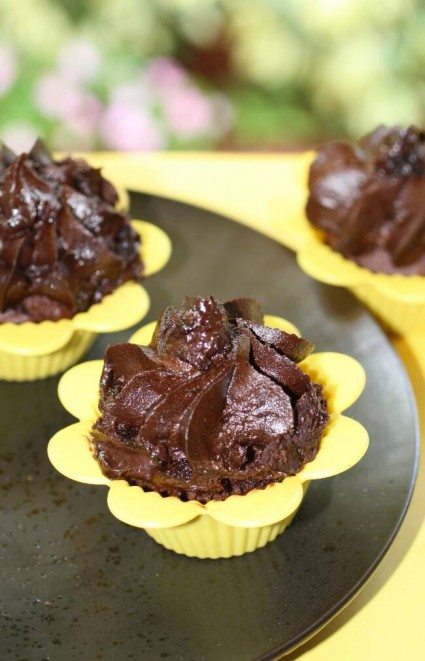

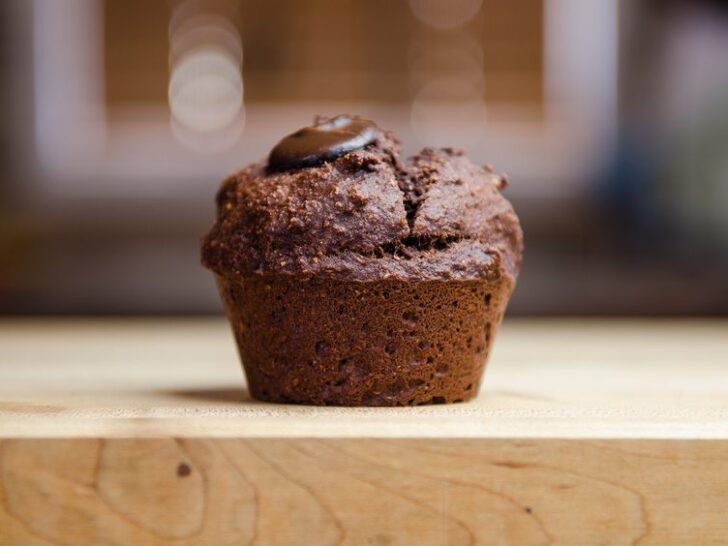
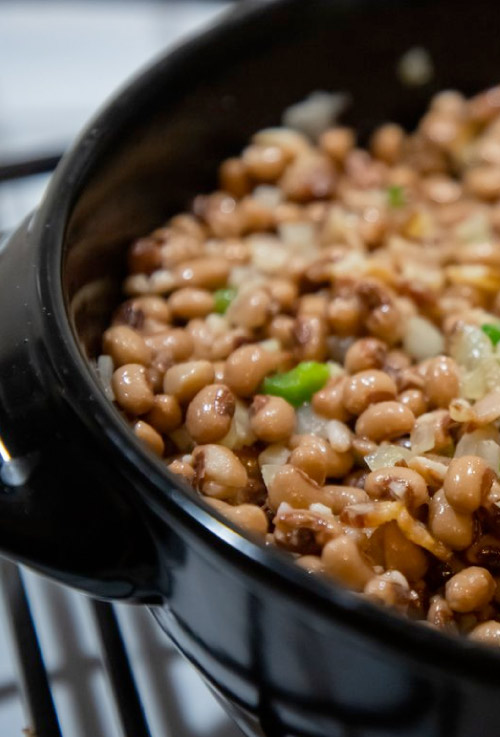

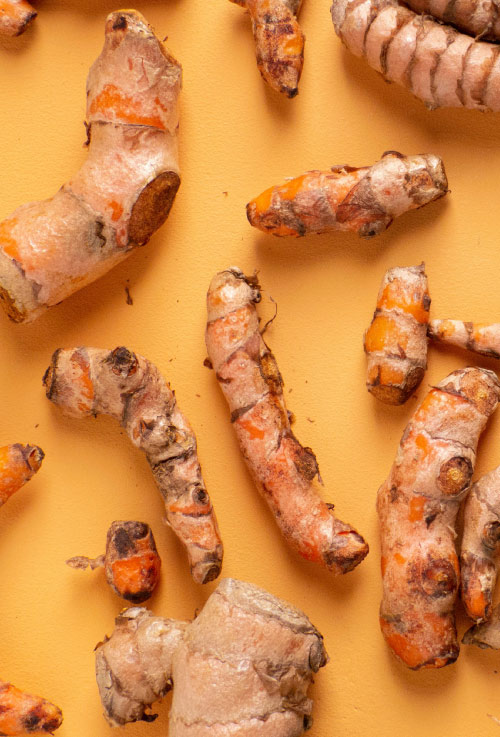
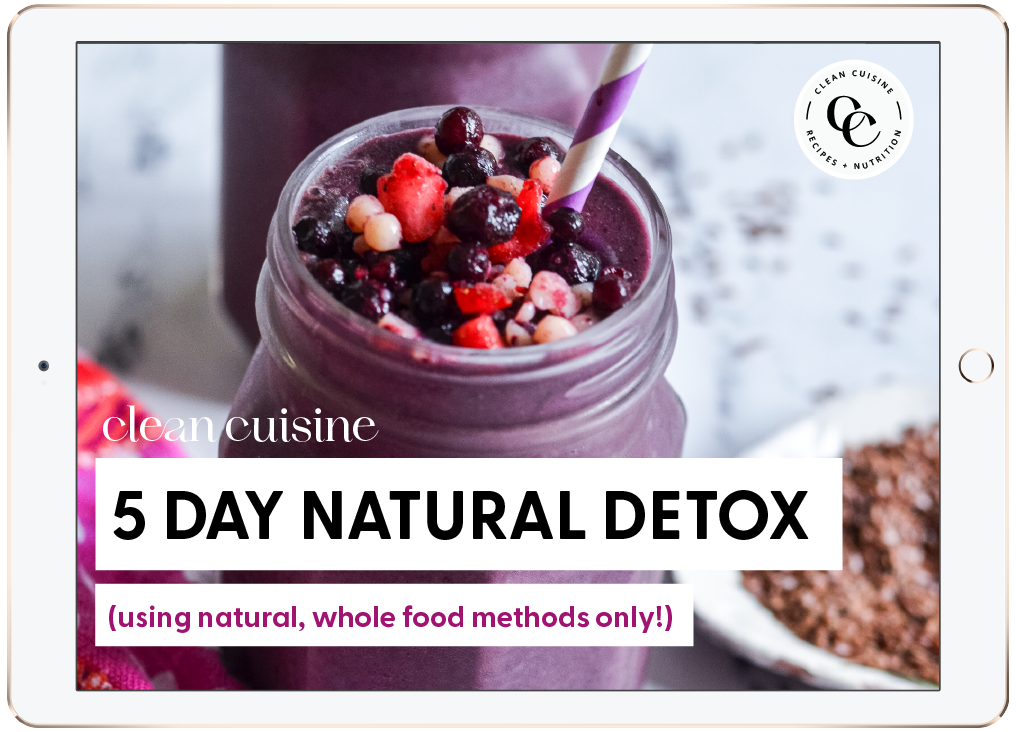
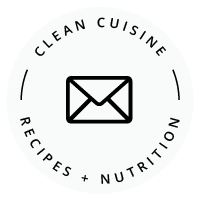
organic raw kombucha
Monday 7th of May 2018
great post